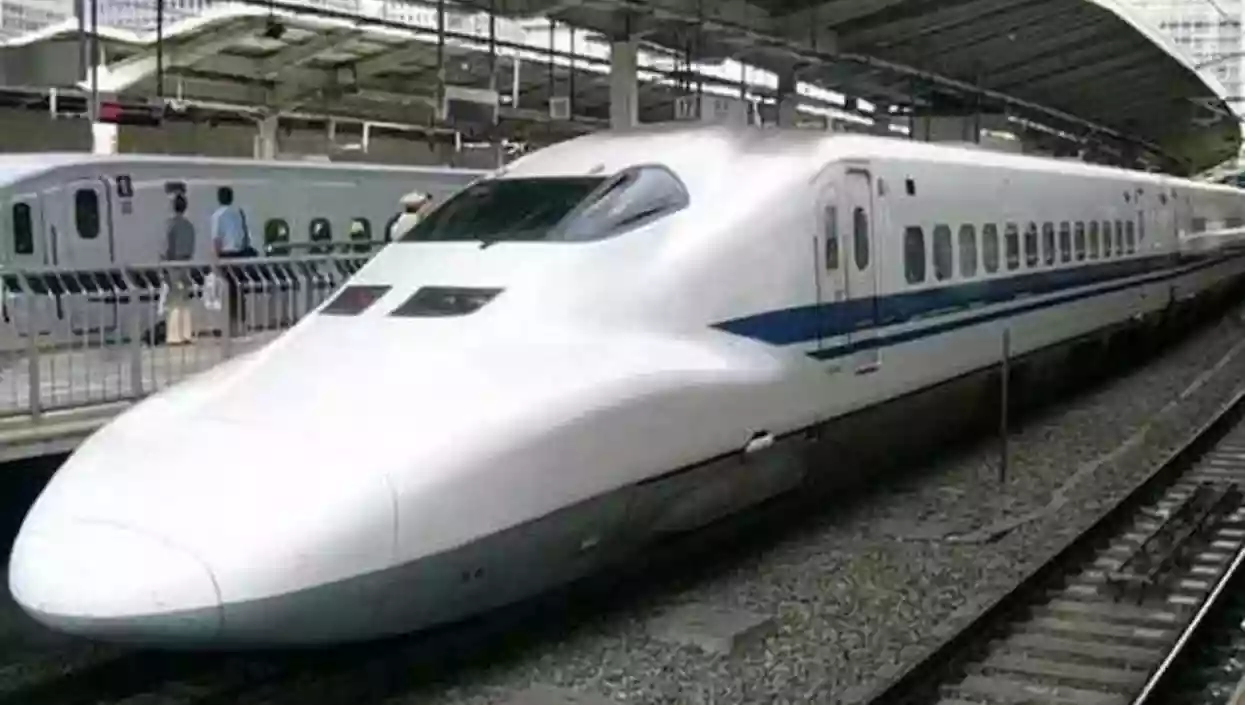.gif)
.gif)

In a major boost to India's Mumbai-Ahmedabad high-speed rail project, Japan has decided to gift two high-speed bullet trains to India for early-stage testing. These will be retrofitted versions of the E5 and E3 series Shinkansen trains, equipped with specialised systems to monitor India’s environmental conditions such as extreme heat and dust.
According to reports, the two train sets will be delivered to India by early 2026. The trains are not intended for commercial passenger service but will serve as inspection and data-gathering vehicles to fine-tune operations for India's first bullet train corridor.
The 508-kilometre Mumbai-Ahmedabad corridor, partially funded by Japan through the Japan International Cooperation Agency (JICA), is slated for an initial launch by August 2027. The gifted trains will help India test the route thoroughly ahead of the introduction of more advanced E10 Shinkansen trains, which are now expected to enter full passenger service by the early 2030s.
Initially, India was scheduled to receive E10 series Shinkansen trains for direct operations. However, delays in their development prompted the interim arrangement using E5 and E3 models. The older trains will allow India to assess local challenges and adapt maintenance and operational protocols accordingly.
The project's financial structure remains heavily reliant on Japanese support. Of the estimated ₹1.08 lakh crore ($17 billion) total cost, Japan is covering about 81% through low-interest loans managed by JICA. The loan terms are highly concessional, with a 50-year repayment schedule, a minimal 0.1% interest rate, and a 15-year moratorium.
During Indian Prime Minister Narendra Modi’s upcoming bilateral summit visit to Japan, the two countries are expected to finalise an updated loan agreement to facilitate the eventual arrival of the E10 trains, solidifying Japan’s long-term partnership in India's high-speed rail ambitions.